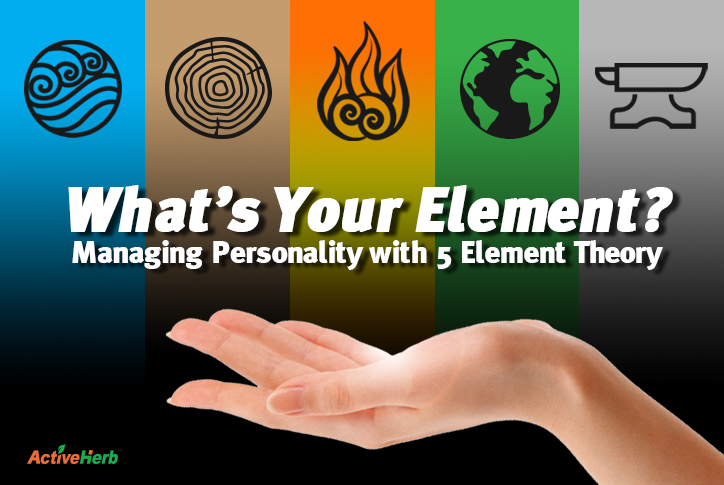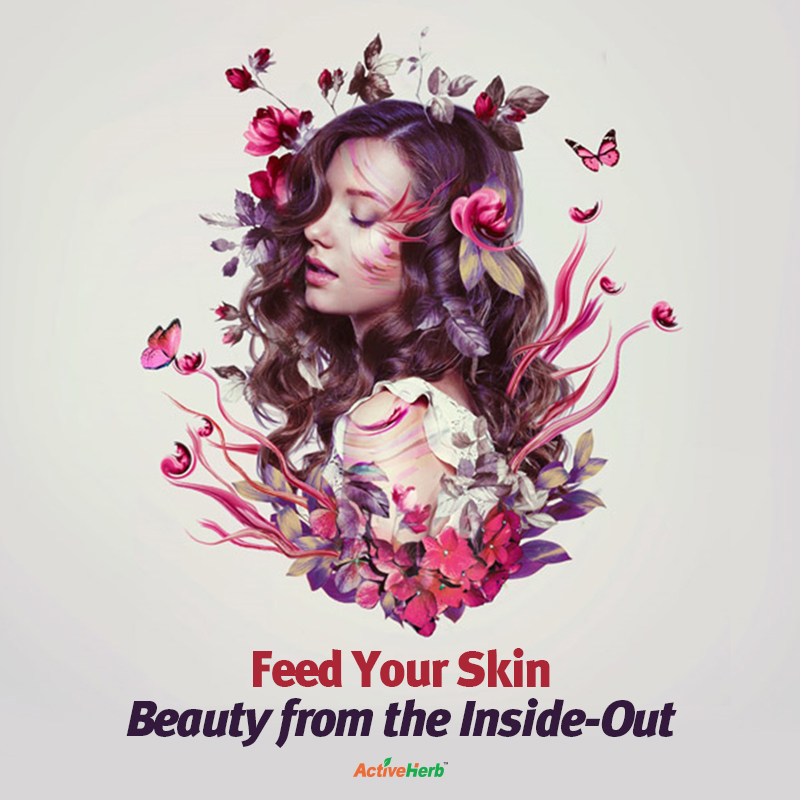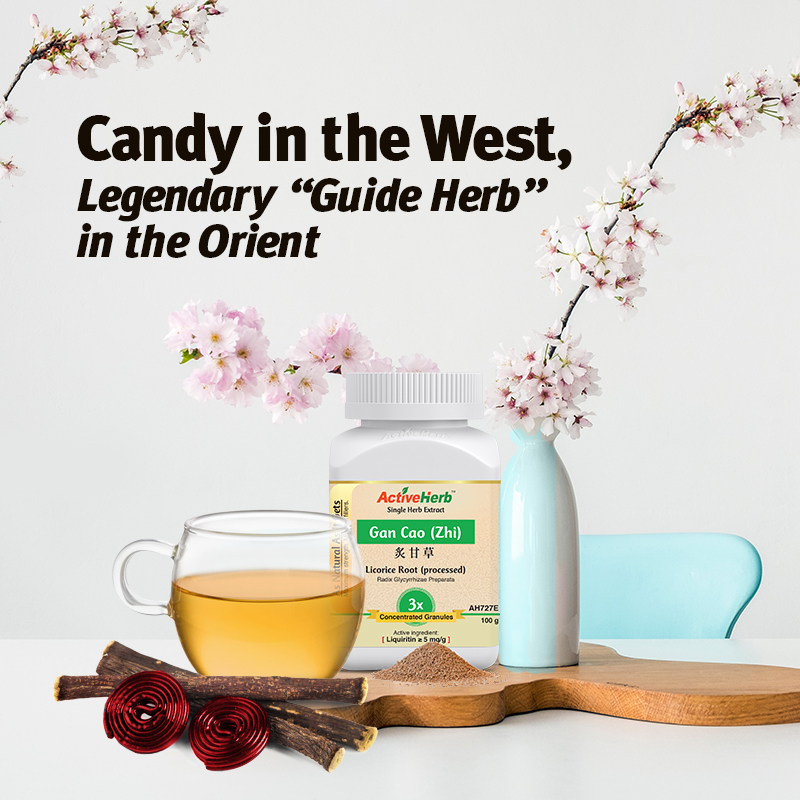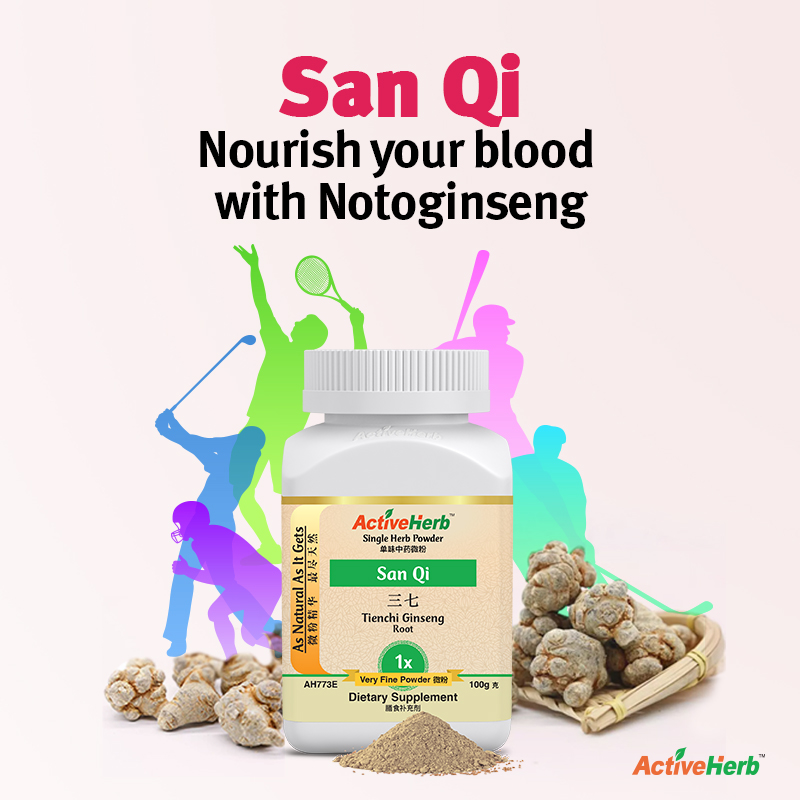It’s Elemental! Managing Your Personality With 5 Element Theory

Five element theory is the backbone of traditional Chinese medicine. Known in China as Wu Xing, 5 element theory expands on the ancient wisdom of Yin/Yang theory. The continuous diametrically-opposite forces of push/pull, light/dark, cold/hot, destruction/creation shape our planet as well as all the stars and planets; Yin and Yang energies continuously govern the universe.
Five element theory explains how nature flows from one phase into the next. Something as destructive as lava spewing from a volcano contains a creative aspect. Once hardened, lava forms new terrain or even entire islands. Of the 5 elements, lava is obviously fire. But what does this have to do with your health, well-being and personality?
The short answer is everything. Just as amino acids are considered the building blocks of protein, the 5 elements form the elemental structure of your spirit, your physical self, and your personality.
Which element are you?
Metal: Disciplined, Meticulous
Are you meticulous about details and organization? You’d make a great army general. That can be a good or a bad thing. When your organs are functioning with perfect Yin/Yang harmony, all your ducks are in a row. Your living space is tidy and projects are diligently executed, which is why balanced metal individuals also make for superior project managers in corporations.
But woe to the meticulously metal person who is unbalanced. Apathy sets in. Structure vanishes. You could care less about having a social life. You stop caring. Inspiration no longer exists in your vocabulary.
The organ associated with metal in TCM theory is the Lungs. An imbalance of Yin/Yang energies in the Lungs often physically manifests in the respiratory tract. If you’re experiencing any respiratory imbalance, LungVigor is a popular Chinese herbal remedy that nourishes deficient Lung Yin energy.
Wood: Type A, Independent
You don’t like to be told what to do. Driven by an independent spirit, you excel at being your own boss. But you can’t stand settling down. You need to go explore, conquer and be challenged by new adventures or ventures. Like a tree jockeying for position with other foliage for sunlight, you are competitive.
There’s no problem with striving to be your best. But when Wood element becomes unbalanced, your type A personality dominates. This causes excess stress. Symptoms associated with chronic stress can manifest including blood-pressure irregularities and headaches.
If your type A personality takes over, your Yang energy, in simple terms, needs to chill out. The formula BPSure subdues Yang energy to support blood pressure.
Fire: Passionate!
When you think of an Italian dinner party, what comes to mind? Passion, energy, loquaciousness, dramatic talking with hand gestures. Are all Italians dominated by the Fire element? Of course not. And certainly there are Fire types in every other ethnicity, even those thought to be more even-keeled.
But these are the personality characteristics of the Fire element. Many of us appreciate lively, convivial conversation. However, like with all other of the 5 TCM elements, Fire can burn out of control. And when it does, talking becomes a hyper cacophony. When you’re stuck at a party talking to somebody with excess Fire, you wish you had earplugs. Loudness isn’t the only overt sign of imbalance fire. If your internal organs are consumed by wildfire (pun intended), you may have trouble sleeping. Your heart can skip a beat and your skin may break out.
Like the Wood type, if your Fire is not balanced, a lack of cooling, Yin energy may cause problems. HeartVigor helps to replenish Yin energy and support cardiovascular function.
Earth: The Nurturer
You’re the envy of people who have excess Yang. You are grounded, sensible, and generally balanced. When a friend is down in the dumps, you’re always there to lend support. You would make an excellent nurse. But like all other elements, the Earth type is vulnerable to imbalances. And when this occurs, Earth types are often stuck in their own head, obsessing about things. You don’t have to be a physician to know that constantly worrying about this and that, especially things that are out of your control, will likely lead to health problems. To compensate for their own insecurities, Earth types will go out of their way to take care of other people.
If you’re an unbalanced Earth type, make sure you take care of yourself first and foremost. Support your mind’s ability to relax with EaseTonic, which disperses depressed Qi.
Water: Go With The Flow
The legendary martial artist, Bruce Lee, appearing on a talk show in 1971, explained the philosophy which guided him through his all-too-short life, including his training. Lee said to the TV host:
“Be like water making its way through cracks. Do not be assertive, but adjust to the object, and you shall find a way around or through it. If nothing within you stays rigid, outward things will disclose themselves. Empty your mind, be formless. Shapeless, like water. If you put water into a cup, it becomes the cup. You put water into a bottle and it becomes the bottle. You put it in a teapot, it becomes the teapot. Now, water can flow or it can crash. Be water, my friend.”
In other words, just go with the flow. That’s the endearing quality of the Water type. When faced with adversity, when balanced, a water type is able to seamlessly adapt to the situation. The water type is also able to find inner peace. But when things are out of whack, the water type becomes like a flooded river. Physically, the imbalance can lead to water retention and swollen extremities. And just as a raging flash flood would strike fear into anybody stuck in a desert wadi, the emotion associated with imbalanced Water Yin/Yang is fearfulness.
If you’re having trouble metabolising water, Wateroff eliminates the TCM concept of dampness to support healthy water metabolism in the body.
So which type are you? How do you keep your TCM Element Balanced? Leave a comment below…
Related Reading From The ActiveHerb.com Blog:
What is The 5 Elements Theory in TCM and How Does it Apply to Your Health?






